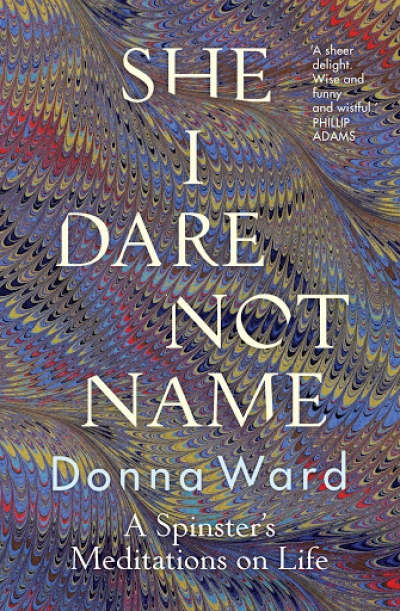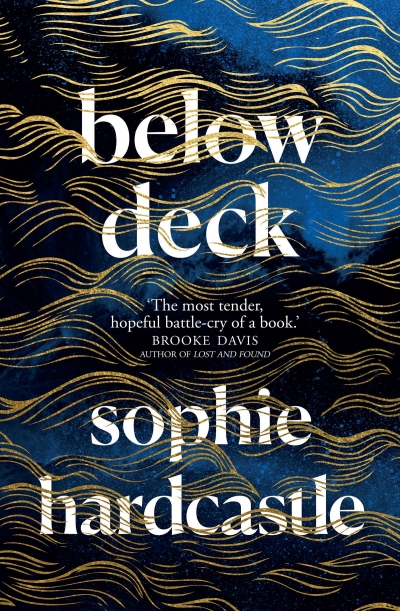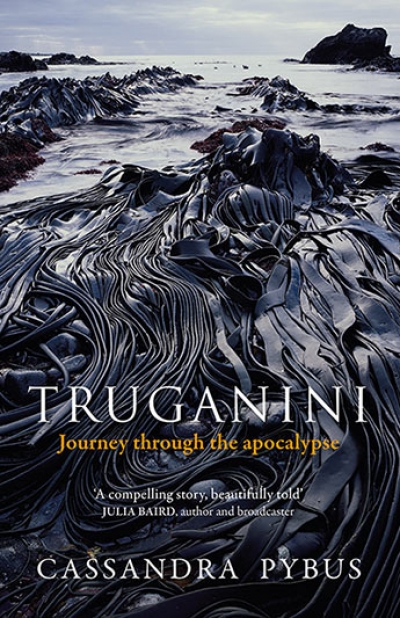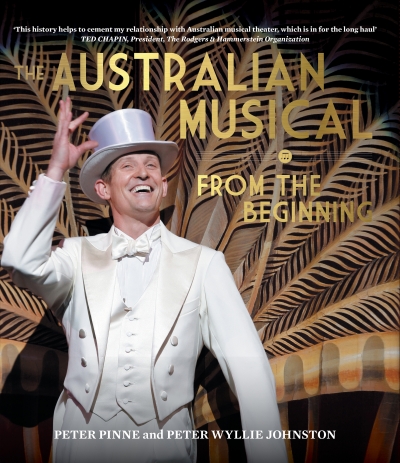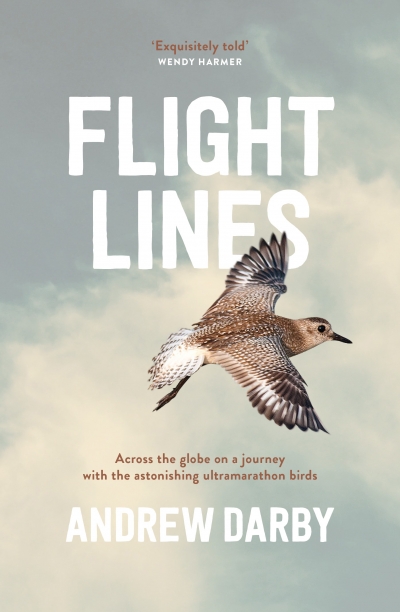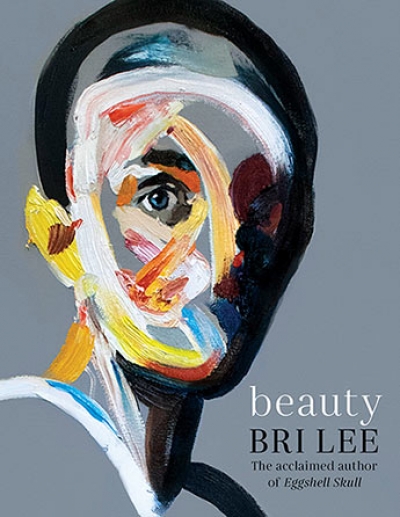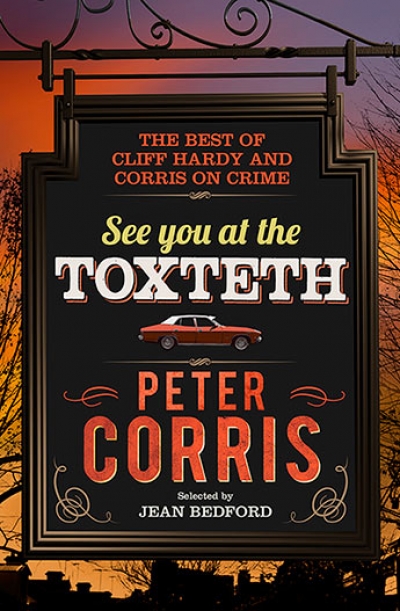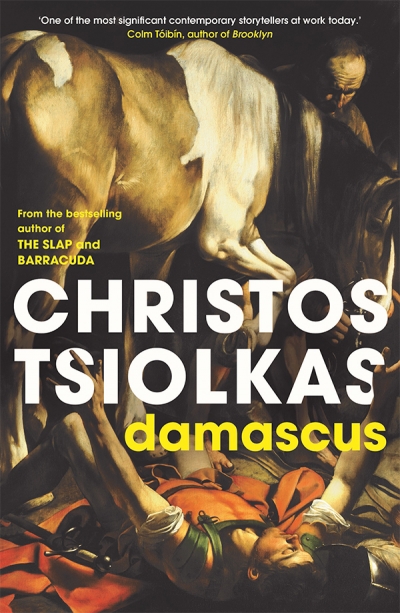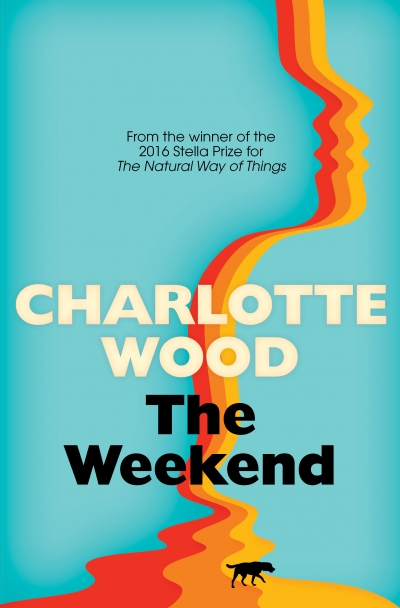Allen & Unwin
She I Dare Not Name: A spinster’s meditations on life by Donna Ward
by Jacqueline Kent •
Truganini: Journey through the apocalypse by Cassandra Pybus
by Billy Griffiths •
The Australian Musical from the Beginning by Peter Pinne and Peter Wyllie Johnston
by Gillian Wills •
Flight Lines: Across the globe on a journey with the astonishing ultramarathon birds by Andrew Darby
by Andrew Fuhrmann •
See You at the Toxteth by Peter Corris, selected by Jean Bedford & The Red Hand by Peter Temple
by Chris Flynn •
A whistleblower’s child hides from a drug ring in the Blue Mountains. A sixteen-year-old rolls through life like an armadillo. A Melbourne high-school graduate wrestles with her insecurities. The daughter of a Chinese restaurateur juggles her responsibility to care for her siblings as her mother’s health deteriorates.
... (read more)
